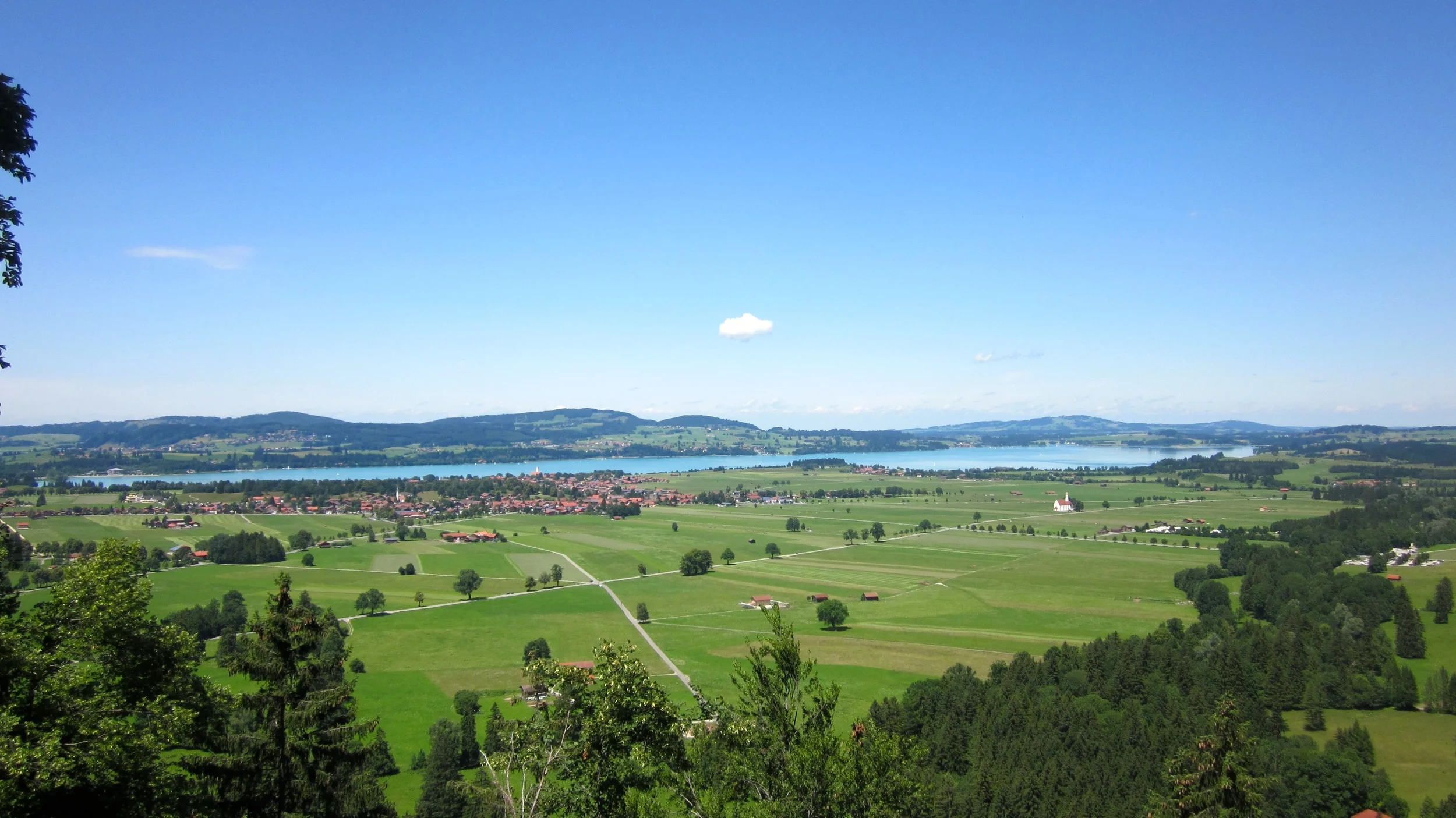why sustainable fashion is relevant to you
Because you wear clothes, that's why.
- You live on the earth
- Workers' rights are human rights
- There is such a thing as affordable sustainable fashion
- It's the way of the future: Caring where your clothes come from & what kind of corporate / global culture you're supporting with your purchases
photos by Megan Robertson
sustainably-made dress from The Reformation
Majoring in fashion is not the pretty pink party that many people envision. Over the last two years, amidst economics, accounting, retail math, and other challenging courses, I’ve heard a lot of talk about “sustainability in fashion.” I’ve come to realize that sustainability doesn’t just refer to the environment. It encompasses having a sustainable labor force – aka not working your human capital to death – as well as the financial sustainability that companies achieve by getting the best price and quality for themselves and their consumers and being able to re-invest in the future of their businesses.
That being said, sweatshops continue to be a huge issue in fashion. Everyone’s heard about it, no one likes to think about it, but there are people in Bangladesh, Cambodia, and many other third-world countries being paid a few dollars a day to work extreme hours in unsafe conditions just so you can have wear a shirt that says “I woke up like this” once. I know, I bought one once. Issues like child labor and essentially slavery, as these people often have no other options for work, are pushed to the back of our minds whenever we see the new must-have style of the season on a major sale. Because ain’t nobody got time for compassion, right?
And yes, you guessed it, most of your favorite big corporate retailers use sweatshops. Gap, Nike, H&M, you name it. Many of them are trying to get better – or at least pretending to for publicity’s sake. But until the average consumer is educated and empathetic about these issues, there’s really no need for them to stop using slave labor and attempt to change the entire structure of the global economy.
Love Your Mother.
Fast fashion made in sweatshops not only infringes on workers’ (and general human) rights, but also suffocates our environment. Few people realize that the fashion industry is one of the most polluting industries in the world. When you think of pollution, greenhouse gases, and global warming, typically you don’t think of the cute event t-shirt you just got. But maybe it’s time to consider the impact of the literal blood, sweat, tears, and chemicals that go into manufacturing clothes we all tire of and throw away within a year.
So here’s the thing – it seems impossible to avoid. Sometimes it just is. You need something to wear to a business interview and you’re a poor college kid. I feel you.
But this is what I’ve found over the past few months as I’ve really tried to stop shopping just for the sake of doing it... that one thing that you never even wanted till you saw it on Pinterest and now it is the sole subject of your heart's burning desire?
YOU DON’T NEED IT.
Yes, there are necessities that you can’t find sustainable alternatives for.
But with sustainable brands like Community and Simply Me Collective here in Athens, to larger companies like Patagonia, Everlane, Eileen Fisher, and my all time favorite, The Reformation, becoming B Corp certified left and right, this is becoming less and less of an excuse.
Even vintage and thrift stores are more sustainable and often more affordable than fast fashion. Reuse, recycle, & reduce those tons of clothing being dumped into landfills every year! Have you seen pictures of the Pacific Ocean lately? It’s so sad & so unnecessary.
By reframing your mindset to save up for quality clothes produced in a humane and environmental manner, you’re not doing a good deed for others and your world, you’re decluttering your daily life and investing in items that will last you a lifetime. Do you really need that mermaid crop top to wear at the beach? If you really want to make a statement, why not just free the nip?
It’s an exciting challenge to constantly find new ways of mixing up the pieces of my smaller wardrobe. Minimalizing my closet and knowing where my clothes are coming from has given me peace of mind on so many levels.
Rant over. For now.
xo,
sarah
Pics of Mother Nature by yours truly.
Fashion industry information from my fashion classes, The Reformation, and Green America (slightly old company comparison here). Check out my less-ranty articles about sustainable fashion (inspired by the Athens Fashion Collective’s Georgia Sewn exposition) in The Style Almanac & Ampersand Magazine.





























